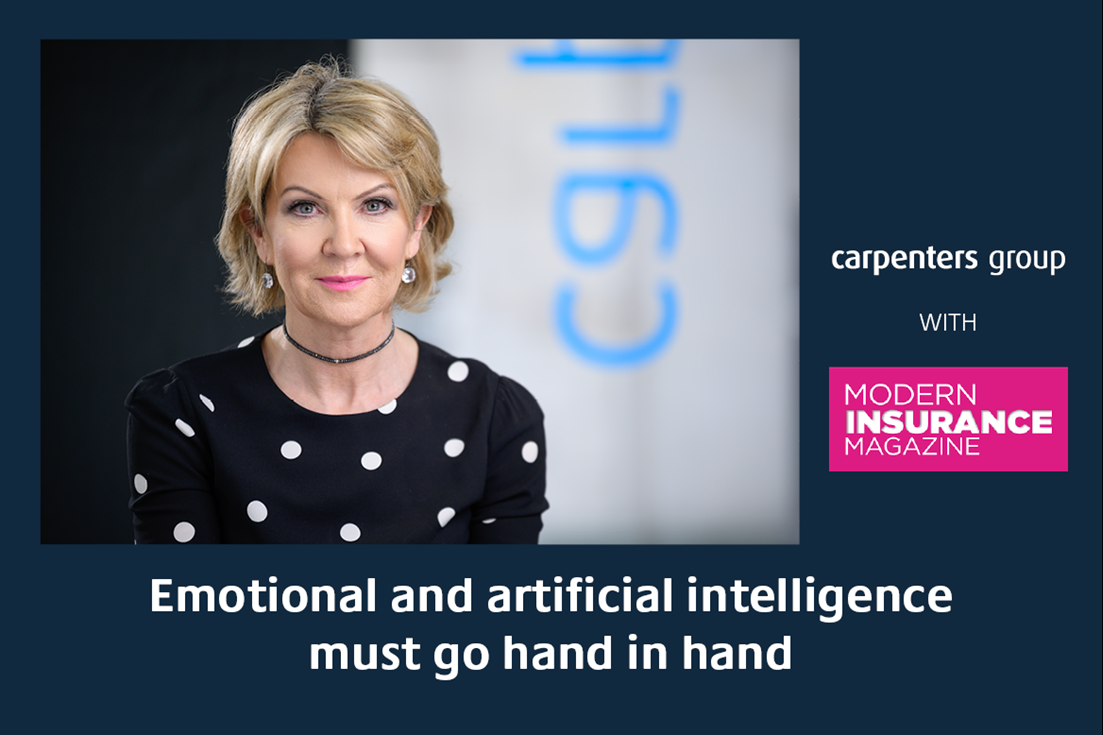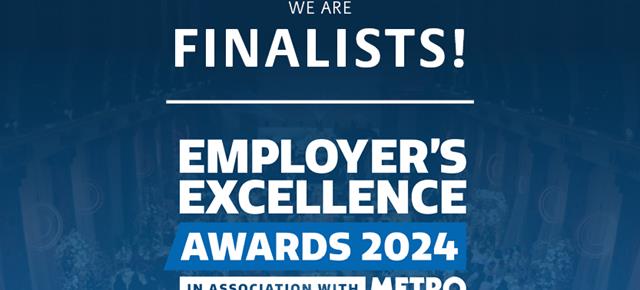Emotional and artificial intelligence must go hand in hand
05 January 2021
3 minute read.

Director, Donna Scully, has been speaking to Modern Insurance Magazine as part of an expert view Editorial Board.
It is important to have a dual approach when tackling fraud; how can companies navigate the relationship between the human element and technology when fighting against fraud?
Advanced technologies capable of analysing huge volumes of data will be at the core of fraud prevention in the future. AI will work integrally with cutting-edge predictive modelling, link analysis, exception reporting and crash algorithms to detect whether an incident is true or not based on the evidence and immediately discredit claims that are patently fraudulent. That is why, working with our insurance partners throughout the sector, we shall continue to invest heavily in the full suite of next stage advancements, from FNOL systems with the ability to download telematics data/dashcam footage to metadata used to identify incident information such as GPS coordinates. Voice analysis for fraud prevention, automated fraud checking, speech recognition for identification and digital DPA checks will all play a crucial role.
With ever-increasing amounts of data being gathered, crunched and pooled, we will have to work together through the issues around benchmarking, verification, the use of open source intelligence, fake data, data privacy and commercial confidentiality. Together though, this new technological revolution will have a massive and positive impact upon fraud prevention and detection.
We should be wary about replacing human judgement and experience with algorithms entirely. With the increased automation of claims processes and the risks of fraud with frictionless claims, good old common-sense checks by a real person will remain essential. Automated systems flagging “suspected” fraud cases based on cross-referenced data should be carefully reviewed before there is a rush to judgement. Too many “suspected” frauds in the past are likely to have been legitimate claims, withdrawn through fear of the risk of losing or costs incurred. Suspected and detected fraud have always been very different and fairness must remain at the heart of the claims process.
The use of technological solutions must always be balanced with the customer’s needs at what could be a difficult time. The Coronavirus pandemic has highlighted the importance of a thinking human to bring their empathy, expertise, and knowledge to the customer experience. In short, customers want to have someone to speak to. Recent months have also highlighted the challenges faced by the digitally excluded. Emotional intelligence and artificial intelligence must go hand in hand.
Donna Scully,
Director, Carpenters Group.
Credit: Modern Insurance Magazine














